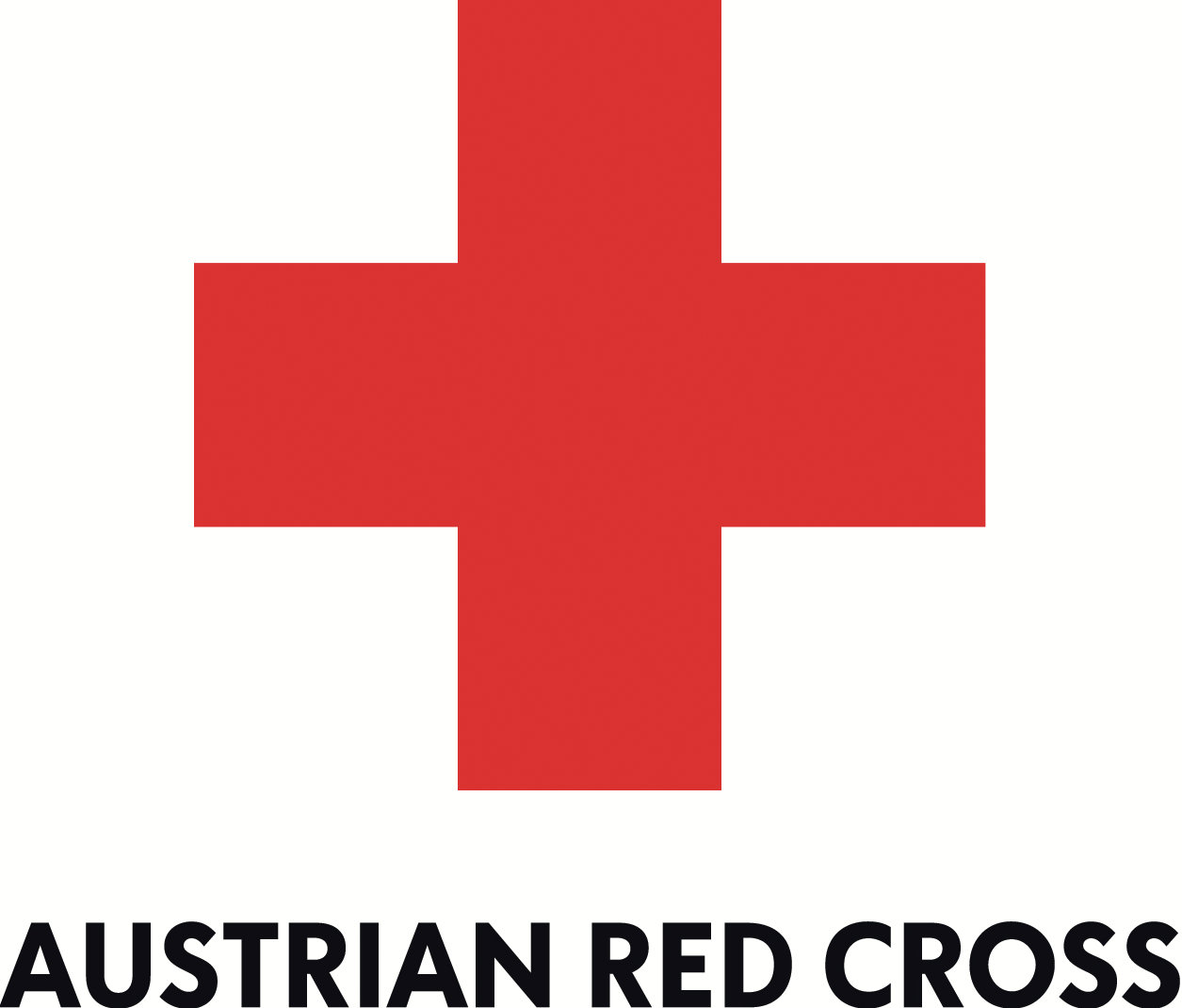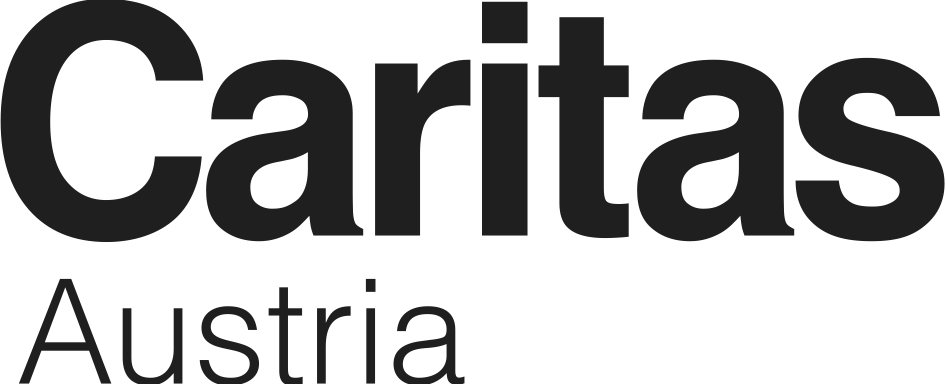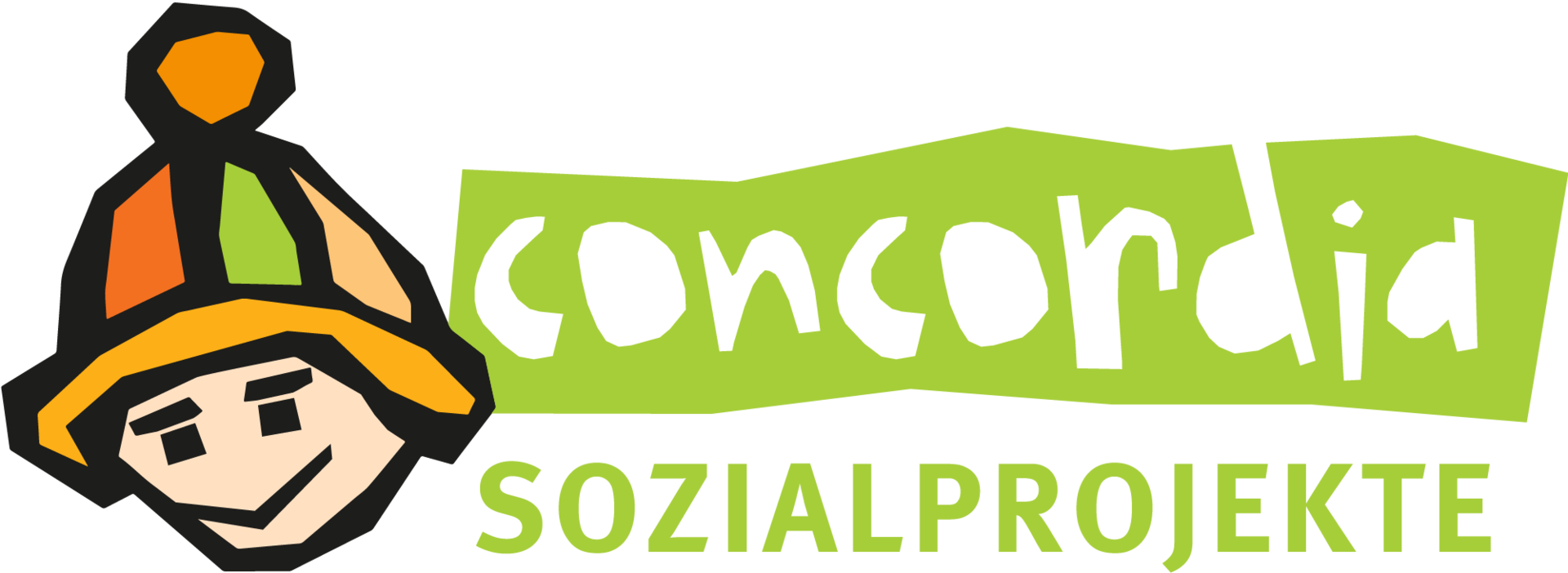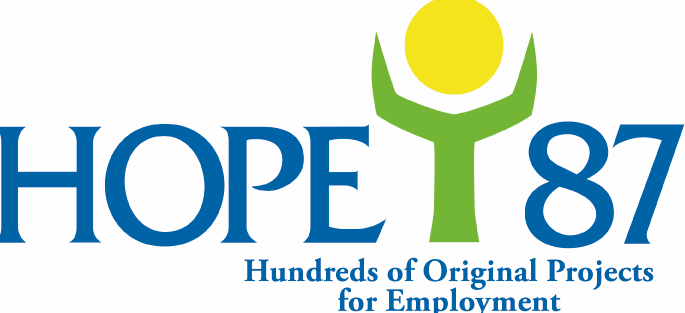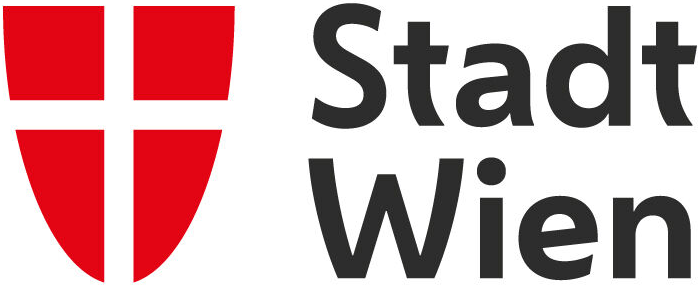Moderator & Master of Ceremony
Ulrike v. PILAR Humanitarian Advisor, MSF Germany
Panel Members
Kristalina Georgieva European Commissioner
Mbuyiselo Botha Gender Activist, Sonke Gender Justice Network Cape Town, South Africa
Anne Street Senior Humanitarian Policy Advisor, Caritas England
In the rush to provide humanitarian response when a disaster hits or a conflict erupts, gender issues are often neglected and may even seem irrelevant. Mainstreaming gender does, however, not imply, addressing or focusing primarily on the needs of women or girls. Putting on a ”gender lens” quite simply means recognizing the different needs, capacities and contributions of women, girls, boys and men alike.
To be effective, humanitarian actions have to be centred on the needs of individuals and communities. The best way to know their needs and solutions, and to design and assess interventions, is through direct dialogue with persons targeted for humanitarian action — women, girls, men and boys — and involving them in programme design, implementation, monitoring and evaluation. Collecting sex and age disaggregated data is an important starting point.
This panel will present different challenges in humanitarian aid and discuss whether humanitarian interventions can be effective and accountable without addressing the different needs of women, girls, men and boys.

